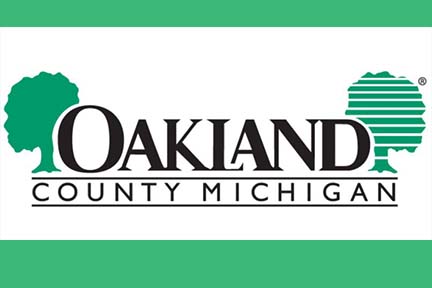Written Friday March 14th at 2:45 PM
Updated Friday March 14th at 3:50 PM

The OAA will again have 23 schools in 2026-2027.
According to Brandon Folsom of Hometown life, the Farmington schools (North Farmington and Farmington) will depart the OAA and join the Lakes Valley Conference in all sports effective in the fall of 2026-2027.
The Farmington schools will get a chance to renew some old rivalries with the Livonia schools (Livonia Churchill, Livonia Stevenson, Livonia Franklin) who are also joining the Lakes Valley Conference in 2026-2027 along with the South Lyon (South Lyon, South Lyon East), Walled Lake (Walled Lake Northern, Walled Lake Central, Walled Lake Western), and Huron Valley schools (Milford, Lakeland.)
“The decision was made with careful consideration as we believe the Lakes Valley Conference provides a better geographic and competitive fit for our schools. The opportunity to compete to compete against like sized schools and reduce travel demands for our families were key factors in the transition. Joining the LVC aligns us with schools of similar size, ensuring a more competitive and balanced playing field for our student athletes. With member districts having multiple high schools and student populations around the same size we will be facing similar opponents with similar resources and talent pools” said Farmington District Athletic Director Allyssa Robinson to Folsom.
The Lakes Valley Conference made a statement announcing the Farmington schools into the Lakes Valley. “The Lakes Valley Conference is proud to announce that Farmington Public Schools and Livonia Public Schools will be joining the conference in the fall of 2026. This exciting expansion marks a significant step forward in the LVC’s commitment of enhancing competitive excellence in Arts, Athletics, and Academics along with fostering community engagement across the region.” The conference said in a statement.
The Farmington schools came into the OAA from the Western Lakes Activities Association where the league merged with the Kensington Valley Conference in 2002. There were three schools at the time in Farmington but Harrison closed in 2018 leaving the Farmington schools at two schools in Farmington and North Farmington.
The Farmington schools had strong appearances in all sports in the OAA from baseball, football, girls basketball, softball, track, and boys basketball in their 23 years in the league.
“We want to express our sincere gratitude to the Oakland Activities Association for many great years of competition, collaboration, and shared experiences. We have valued being part of this outstanding league and appreciate the leadership, sportsmanship, and tradition that defines the OAA. Although we are leaving the OAA we look forward to seeing them across the fields, gyms, and pools in our non conference schedule for years to come” Robinson concluded.
Robinson made mention that there is a possibility that the Farmington schools could see the OAA in the non league after leaving the league in 2026-2027.
The sports that this move will impact the most will be boys basketball, girls swimming, boys swimming, baseball, and softball.
Stay tuned to OAA Now for the latest on this developing story.
Here is the story from Folsom confirming the move.
Lakes Valley Conference Statement
https://x.com/amicovich/status/1900621501096681511/photo/1
My podcast


